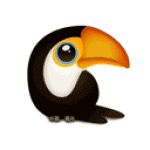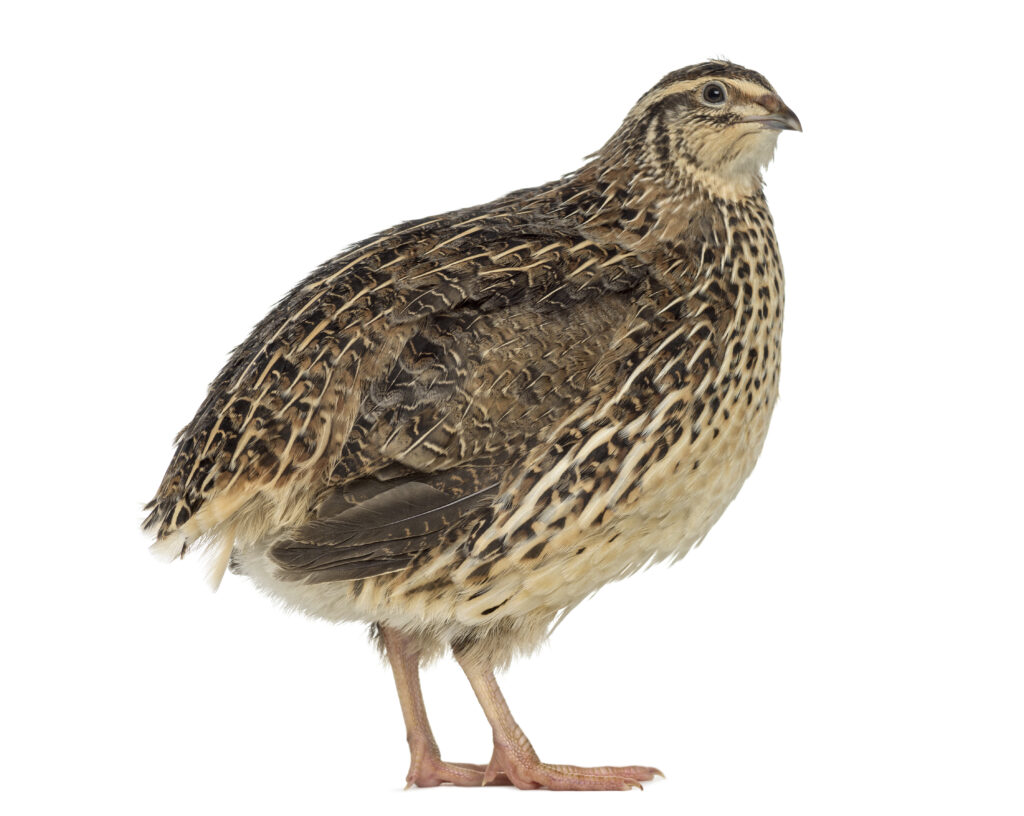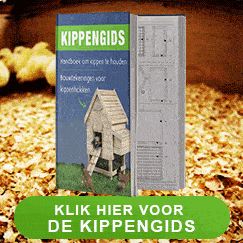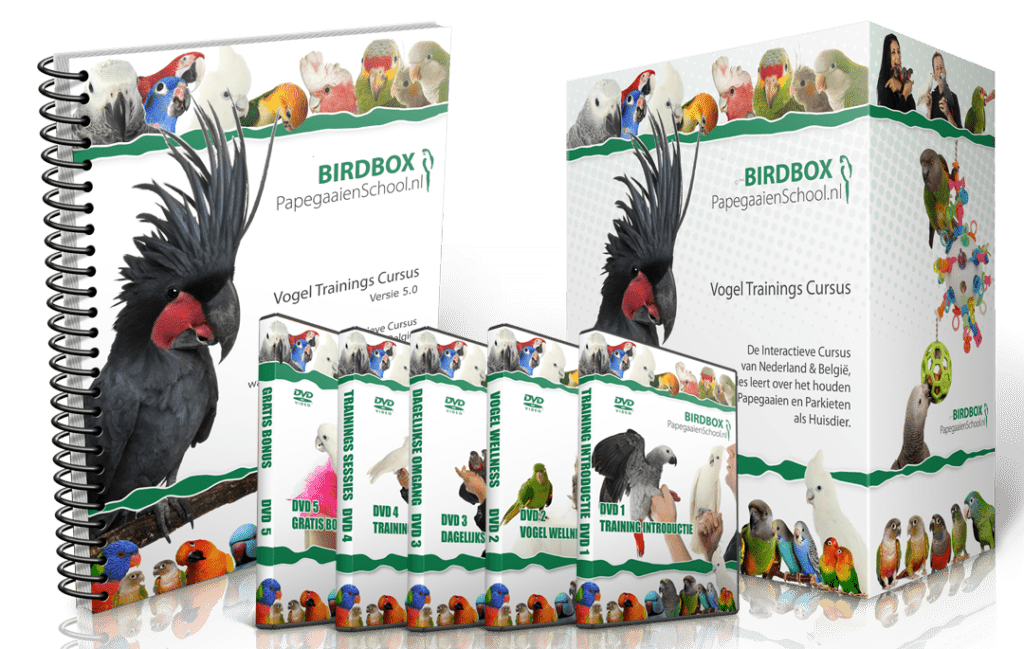Quails are a small, domesticated bird that can be kept as pets or for their eggs. They are extremely productive and lay about 230 eggs per year, making them an excellent choice for anyone who wants to start their own flock in the backyard. Quail eggs are about the same size as chicken eggs and taste similar, but they have a slightly darker yolk than other poultry.
Quail are more nervous than other breeds of poultry and do not like to be held by people; however, they enjoy being together in large groups if given adequate space (at least 4 square feet per pair).
Care
Taking care of quail is remarkably simple. Your daily routine will consist mainly of walking them and making sure they have enough food and drink.
Let your quail roam outside the house, but keep them inside the run. They are skilled fliers, so no matter how tame they seem, it is essential to keep them in flight. If they escape, it can be difficult to find or catch them. In case they are accidentally released, we recommend leaving the run open so they can return for food.
It is not necessary to lock quail in the house at night because they are quite resilient and hardy. If they are cold, they will instinctively move into the house. Quails have firm, round bodies and do not need special protection from the cold, so they can withstand harsh weather conditions on their own.
Make sure the bedding is clean. Quail are small and do not need frequent cleaning because they spend most of their time outdoors rather than indoors, soiling their bottom. Nevertheless, it is crucial to replace bedding regularly to maintain their health.
Assess the location of the shade. The screen serves to protect the quail from wind, rain and sun, so it may need to be adjusted, especially if the Eglu has moved.
Quail housing and running
Quail housing and run must be secure to prevent rats from getting in. Quail droppings produce much more ammonia than other poultry, so it is important that quail have adequate ventilation and good air circulation.
Quail need more protection during the colder winter months than most other poultry species because they are small birds with thin feathers that cannot keep themselves warm like larger birds can.
In addition, they tend not to perch at night like chickens, preferring to sleep on the ground or sit on something nearby (such as a fence post).
Quails are very active birds and love to explore their surroundings – they will run around their pens for hours if given enough space! The best way to ensure adequate space is to build an outdoor run attached directly to your chicken coop, so that predators such as cats cannot enter it through an opening between buildings
Quail diet and nutrition
Quail can be kept with or without a run, as long as they get some grass or other greenery in their diet. Feather pecking can occur when quail are bored, as well as when the birds are low in protein.
Quail must be fed grain-based feed for at least 6 weeks before they are allowed to scavenge on grasses and weeds.
It is important to keep an eye on your pair during this period, as they may not eat enough from the ground and therefore need to be supplemented with grit (small pebbles) that will help them digest the food properly, especially when eating hard seeds such as sunflower seeds or corn kernels.
Read more about What do Japanese quail eat or Best feed for quail
Quail breeding and fertility
Quail begin laying eggs after only 8-12 weeks. Male quail will begin to call as they mature and identify themselves by the sound of their voices.
They produce “foam balls” to indicate fertility, so it is important to check them regularly if you want your birds to breed successfully.
Read more about Japanese quail egg hatching.
Keeping quails busy
- Quails are very intelligent birds and they can get bored in their enclosure. To keep them busy, give them things to do, such as tree trunks to climb on and objects to go under.
- If you want your quail to lay eggs, it is important that they have enough room and space for nest boxes or nests made of wood shavings or straw (not hay).
Life span of quail
You may be surprised to learn that quail can live as long as 3-4 years. Although most books suggest that they will only live for two years, this is not always the case.
It is important to remember that every bird is different and has its own personality, so you must be prepared for the fact that your quail will die at any time during its life.



